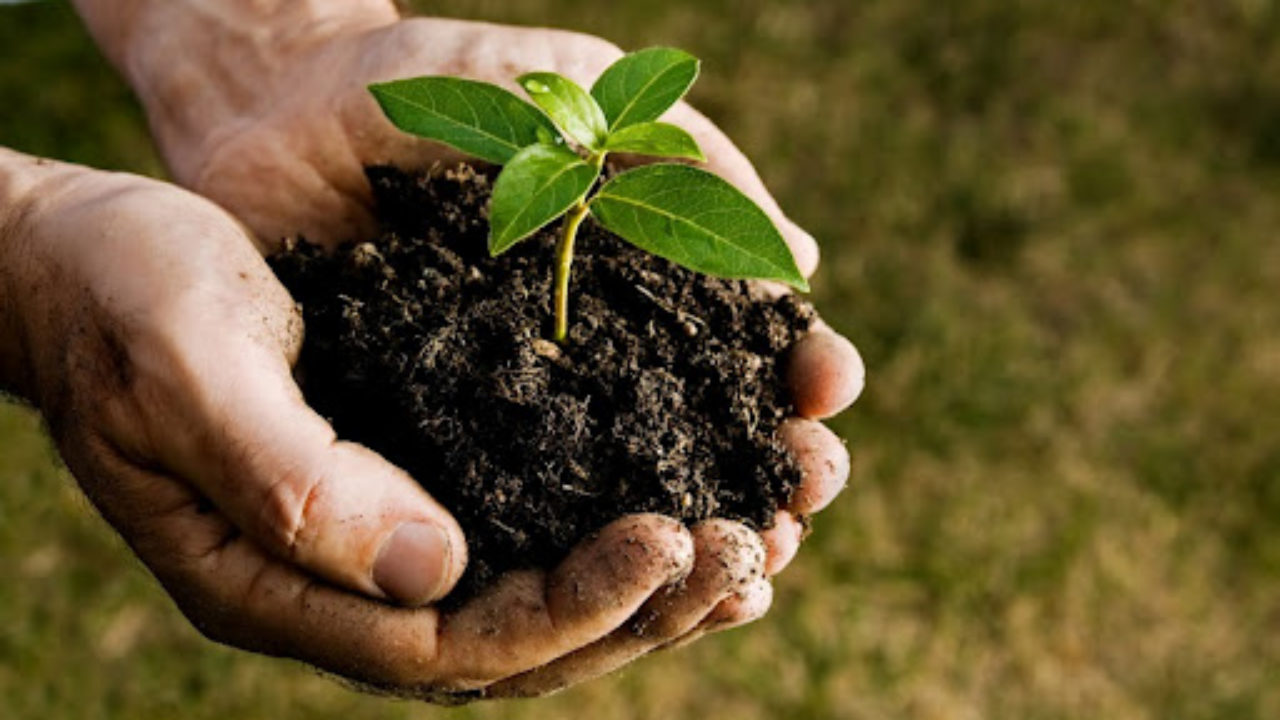 Field to Lake – Twilight Open House – Country Evening, Old Sights, New Eyes
Field to Lake – Twilight Open House – Country Evening, Old Sights, New Eyes
The Paulding Soil and Water Conservation District is working in collaboration with Ohio State University Extension of Paulding County and the Conservation Action Project (CAP) to bring you the Field to Lake – Twilight Open House. This program will feature water control drainage structures and provide opportunities to connect with farmers and professionals to learn more about them. Additionally, explore soil health displays, a drainage water management structure model, and learn about available funding for these structures for those that qualify. The Open House will be held on August 4th, 2020, from 6:00-8:00 pm, in the field, across from 22348 Road 178, Oakwood, OH, 45873. Stop in for 15 minutes or stay the full two hours. There will be an option to drive down the lane and observe the drainage control structures while staying in your vehicle if that is more comfortable for participants.
8.5 x 11 Poster Drainage Field Day
Why consider a drainage water management structure? “This new approach to managing drainage is a significant break from the old way of draining excess water from fields, specifically in the Upper Midwest, where tile drainage systems are most common,” says Leonard Binstock, drainage consultant and executive director of the Agriculture Drainage Management Coalition. According to the Natural Resource Conservation Service, these structures can provide both water quality improvement and production benefits. Water quality benefits are derived by minimizing unnecessary tile drainage, reducing the amount of nitrate that leaves farm fields. Controlled drainage systems can also retain water in field areas that could be used for crop production later in the season.
 RSVP is requested, but not required- use the QR code or email address below. With the assistance of The Nature Conservancy, there will be a virtual option available after the event for those who can’t attend in person. Information to access the virtual event will be shared on the supporting organizations’ Facebook pages or by registering for the event and choosing the virtual option. Please note that social distancing will be observed at this outdoor event.
RSVP is requested, but not required- use the QR code or email address below. With the assistance of The Nature Conservancy, there will be a virtual option available after the event for those who can’t attend in person. Information to access the virtual event will be shared on the supporting organizations’ Facebook pages or by registering for the event and choosing the virtual option. Please note that social distancing will be observed at this outdoor event.
Page Drainage Field Day Invite,
Tri Fold Field to Lake Drainage
For more information, contact: Anna Gurney or Patrick Troyer, Paulding Soil & Water Conservation District, 419-399-4771, Paulding@PauldingSWCD.org
 Dear Past, Present, and potential Ohio Forage and Grasslands Council Members,
Dear Past, Present, and potential Ohio Forage and Grasslands Council Members, LONDON, Ohio – More than 50 companies will join the ranks as exhibitors for the 61st Farm Science Review Sept. 19-21 at the Molly Caren Agricultural Center. The new exhibitors represent various sectors in the agriculture industry including livestock handling, equipment advancements, agronomic technology, agricultural policy, and more.
LONDON, Ohio – More than 50 companies will join the ranks as exhibitors for the 61st Farm Science Review Sept. 19-21 at the Molly Caren Agricultural Center. The new exhibitors represent various sectors in the agriculture industry including livestock handling, equipment advancements, agronomic technology, agricultural policy, and more. Are you planning on spreading mulch around your trees and landscape this year? Master Gardener Volunteers see this common practice of mulch placed under trees and right up the tree trunk!
Are you planning on spreading mulch around your trees and landscape this year? Master Gardener Volunteers see this common practice of mulch placed under trees and right up the tree trunk! Ohio State Extension announced plans to host a Small Farm Conference in Mansfield Ohio on March 11, 2023. The theme for this year’s Mid-Ohio Small Farm Conference is “Sowing Seeds for Success.”
Ohio State Extension announced plans to host a Small Farm Conference in Mansfield Ohio on March 11, 2023. The theme for this year’s Mid-Ohio Small Farm Conference is “Sowing Seeds for Success.”

 Greetings Soil Heath Enthusiasts,
Greetings Soil Heath Enthusiasts,

 Join the Digital Ag Team as they dive into research results from around the state of Ohio based on the 2021 eFields report. Registration is free but required. Have you been enjoying the 2021 fields Report and are excited to learn more? Join us to learn more about the eFields program and the results we are seeing across the state.
Join the Digital Ag Team as they dive into research results from around the state of Ohio based on the 2021 eFields report. Registration is free but required. Have you been enjoying the 2021 fields Report and are excited to learn more? Join us to learn more about the eFields program and the results we are seeing across the state.



 “What are the right decisions for phosphorus management in crop production that reduce water quality impacts?” is a common question I have from farmers looking to improve yield yet are concerned about downstream water quality impacts of phosphorus.
“What are the right decisions for phosphorus management in crop production that reduce water quality impacts?” is a common question I have from farmers looking to improve yield yet are concerned about downstream water quality impacts of phosphorus.

